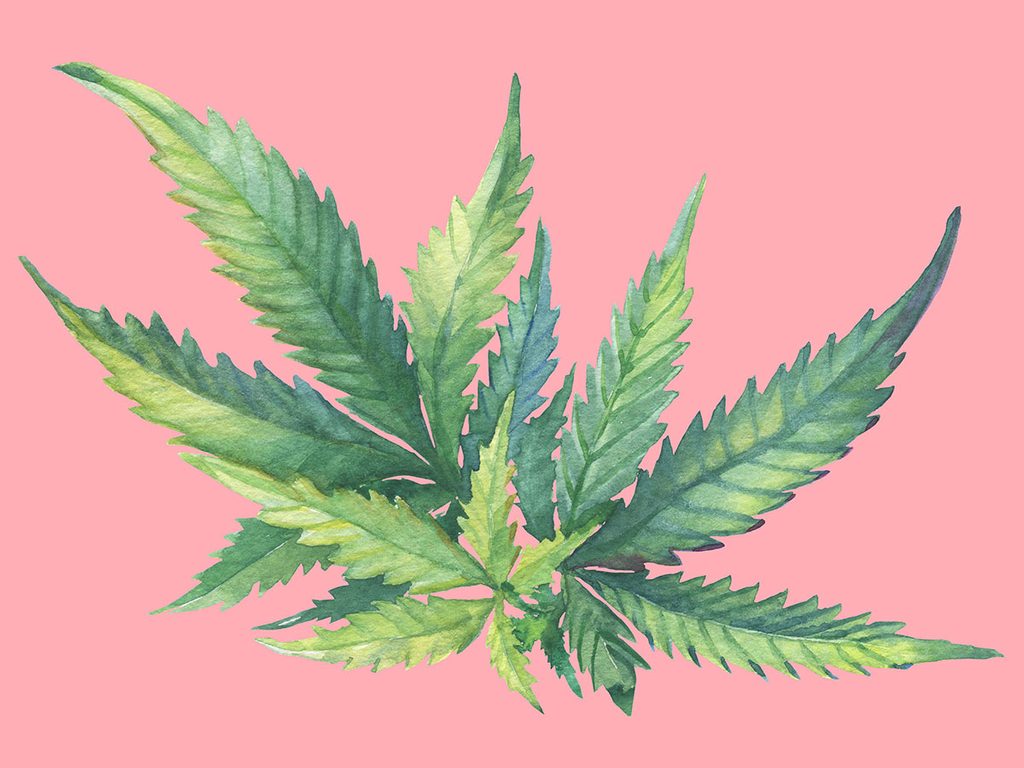What You Need to Know About Cannabis in Canada, a Year After Legalization

On October 17, 2019, changes were made to The Cannabis Act in Canada. Here's what's now legal, still illegal, and everything else you need to know.
On October 17, 2019 cannabis in Canada underwent another major phase, colloquially considered legalization 2.0. In case you missed it, on the same date the year before, recreational cannabis was legalized in Canada, but it was not without its limitations.
Which is why, a year later, we’re still talking about the legalization of cannabis and what it means. Confused? Not to worry. Here’s what you need to know about the current state of cannabis in Canada.
(Also, here are some facts about cannabis you should know.)
The 2018 Legalization
Recreational cannabis was legalized in Canada on October 17, 2018. This allowed for individuals to buy cannabis oil or flower from a provincially licensed realtor (the exact framework differed from province to province). You could also buy seeds and grow cannabis (up to four plants), make your own at-home cannabis-infused food and drink, and possess up to 30 grams. The goal of The Cannabis Act is to prevent youth from accessing the drug and disrupt the criminal cannabis market. With this legislation topicals and edibles are still considered illegal—but the legislation changes in 2019.
(Also, do you know these myths about using CBD and its medicinal benefits?)
The 2019 Legalization
The major change to legislation in 2019 is that now edibles, extracts and topicals are now legally available in the cannabis space. Although it’s not certain why this was rolled out a year after the legalization of cannabis, the main concerns seems to have been around edibles and making sure they were packaged in a way so as not to appeal to children (historically, black market edibles are gummies, brownies and candles that are difficult to distinguish from their drug-free counterparts at first glance). This means that those same provincially licensed retailers will now include these new categories.
What has stayed the same?
Most details about legalization stayed the same outside of the new legal categories you can shop. This means that you need to still buy from a licensed retailer, you need to be mindful of the amounts you can possess and the strict rules surrounding distribution (especially to a minor) are in effect.
Is consuming cannabis safe?
You should check with your doctor. Consuming cannabis is generally safe for most people, although of course, almost every expert will recommend you start low and go slow if you’re a cannabis newbie. Smoking cannabis is the least recommended way to consume the substance. Instead many recommend ingesting oils or vaporizing in order to reduce health risks.
Okay—but isn’t vaping bad?
Many conscious cannabis consumers opt for vapourizers or vape pens to consume cannabis. When using one, the cannabis is steadily heated to a point where the active elements can have an effect (like CBD and THC) but not so high that harmful substances are released during combustion.
This past year, vaping has gotten a bad rap, especially in the United States, with some vaping-related illnesses and even deaths. This largely has to do with buying vape pens that come with other ingredients like vitamin E acetate which results in chemical exposure.
While more research is needed, these fatalities are a new concern in the cannabis industry and are likely a result of unregulated, black market purchases of both cannabis and vape instruments. Another reason to make sure if you’re going to partake, to do so through the legal avenues available to you.
How can I travel with cannabis?
Although cannabis is legal in Canada, you may want to think twice before travelling with it, at least if you’re flying. While travelling with cannabis is legal in Canada (for example, you could take your stash with you from Toronto to Vancouver), it remains illegal to travel internationally with the substance. And due to the unpredictable nature of air travel, if your domestic flight was diverted to a non-domestic locale, you could face some problems.
What about kids?
You may not consume cannabis legally until you’re eighteen and as an adult you cannot supply cannabis to any minors—much like our current alcohol consumption laws. There is some debate here about whether this is old enough, however. Because the main concern about cannabis and youth is the effect it can have on the brain. Because cannabis is known to affect memory and decision making, and taking into account that brain undergoes major developmental change between the ages of 18 and 25, most health professionals recommend not touching the stuff until the age of 25.
Next, learn about how cannabis can help reduce stress.




